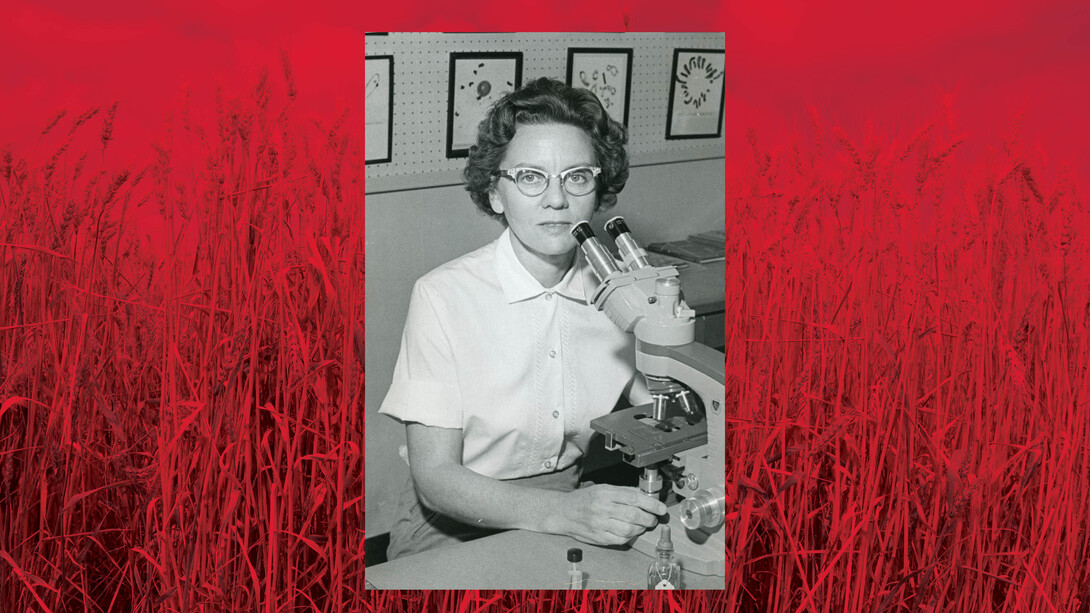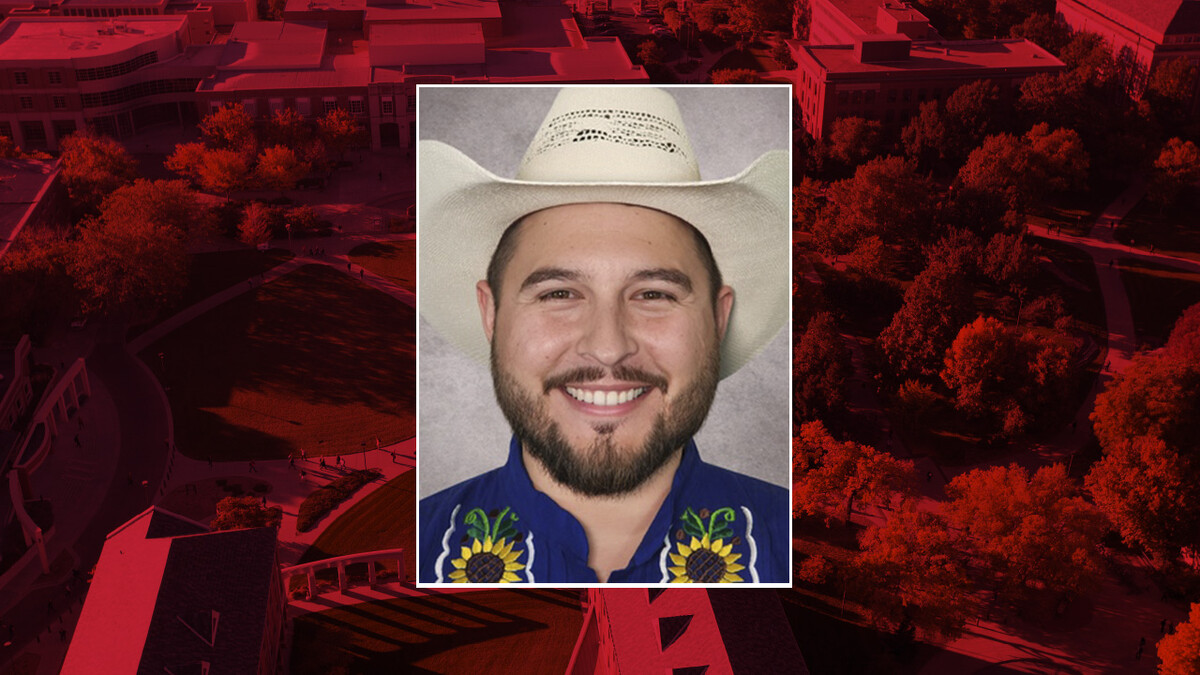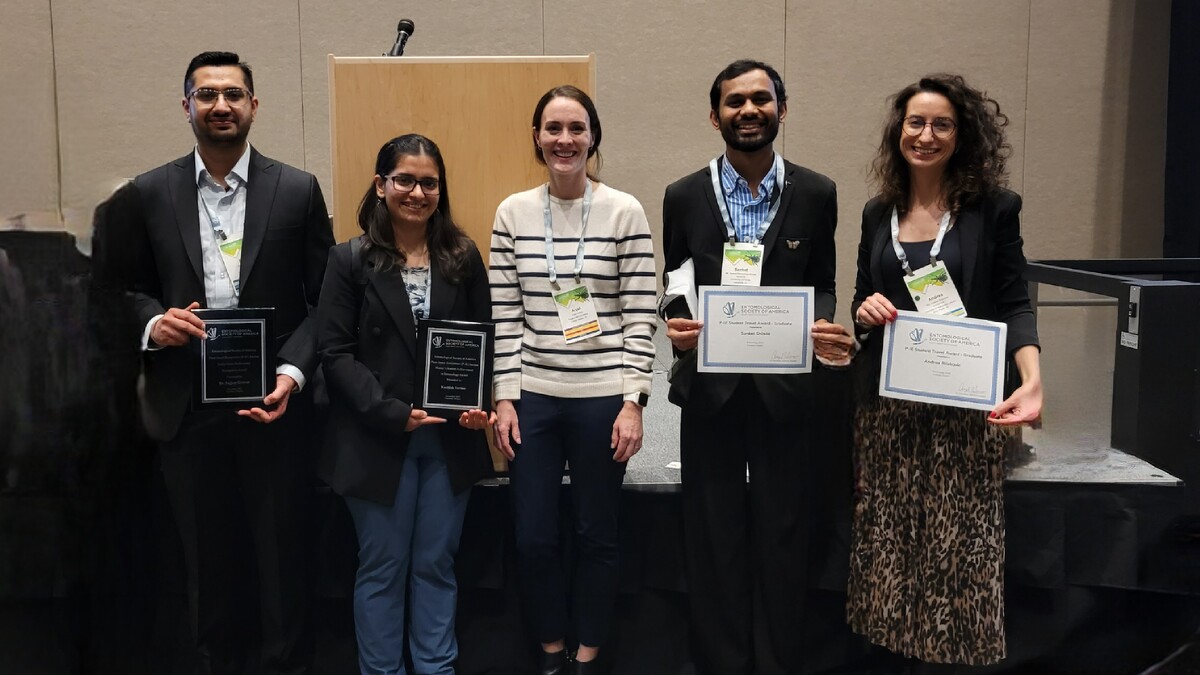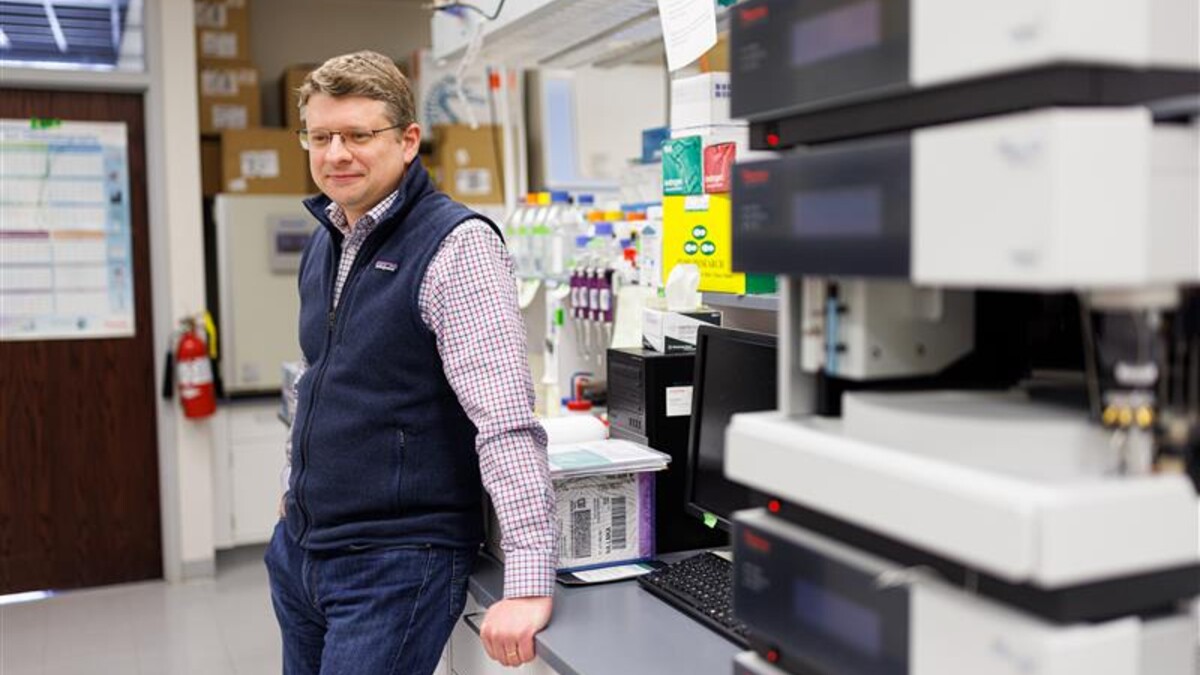
Lincoln, Neb. —M. Rosalind Morris, University of Nebraska–Lincoln Department of Agronomy and Horticulture emeritus professor of plant cytogenetics, died March 26, 2022, just a few weeks shy of her 102nd birthday.
Study of 'misbehaving chromosomes' by Morris remains relevant to wheat scientists today is a story of her life and contributions.
Morris’ career at Nebraska spanned from 1947 to 1990. She is internationally recognized for her pioneering work in wheat cytogenetics and in showing the effects of irradiation on corn. For more than 30 years, her research focus was to locate important characteristics in wheat genes that would be useful in breeding wheat varieties.
Morris was born on May 8, 1920, in Ruthin, North Wales, to schoolteacher parents. The family immigrated to Canada in 1925 and bought a 50-acre fruit farm in southwestern Ontario. In 1942, she earned a Bachelor of Science and Arts in horticulture at Ontario Agriculture College, now part of the University of Guelph, near Toronto.
She was accepted into the plant breeding graduate program at Cornell University in Ithaca, New York, and offered a teaching assistantship. She earned a Ph.D. in plant breeding and genetics from Cornell, one of the first women to do so.
In 1947, Morris accepted an assistant professor position at the University of Nebraska–Lincoln, becoming the first woman faculty member hired by the Department of Agronomy and Horticulture. Morris was promoted to an associate professor in 1953 and professor in 1958.
In 1979, Morris became the first woman honored as a Fellow of the American Society of Agronomy. She also received fellowships to the Crop Science Society of America and the American Association for the Advancement of Science. She served as president of the Nebraska Academy of Sciences in 1980, the first woman in over 50 years.
Morris retired from Nebraska in 1990.







